Summer 2020
MIT Faculty Council | Cambridge, MA
In summer 2020, twenty-three Massachusetts Institute of Technology (MIT) faculty members with environmental commitments and interests met in virtual Council sessions over five weeks. Sarah Buie and Melissa Hoffer, of the CUHF Core Team, served as conveners for the two circles. The Council was co-sponsored by the Environmental Solutions Initiative (ESI) at MIT—directed by Professor John Fernandez, and the School of Humanities, Arts and Social Sciences (SHASS) under Dean Melissa Nobles.
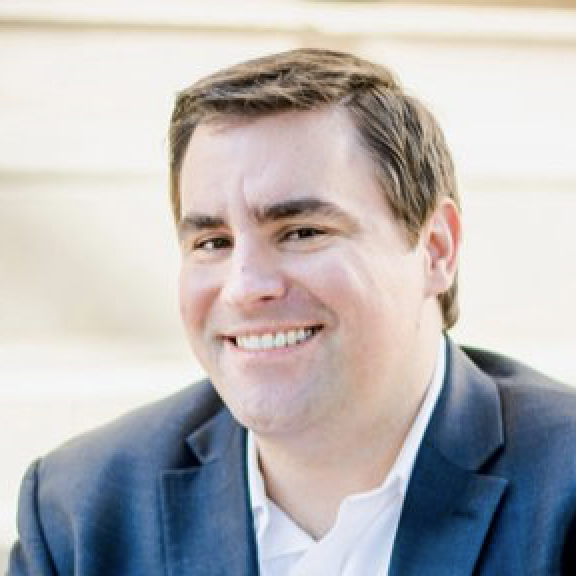
Steven Barrett
Steven Barrett is a Professor of Aeronautics and Astronautics at MIT. He is director of the MIT Laboratory for Aviation and the Environment and leads the MIT Electric Aircraft Initiative. Before joining MIT in 2010 Steven was a faculty member at Cambridge University’s Engineering Department. The aim of Steven’s research is to make aviation cleaner and quieter by developing low emissions and noise propulsion technologies for aircraft, improving scientific understanding of the atmospheric impacts of aircraft pollution, and evaluating the sustainability of biofuels and electric aircraft. He is interested in ground vehicle electrification and issues of climate change and air pollution.
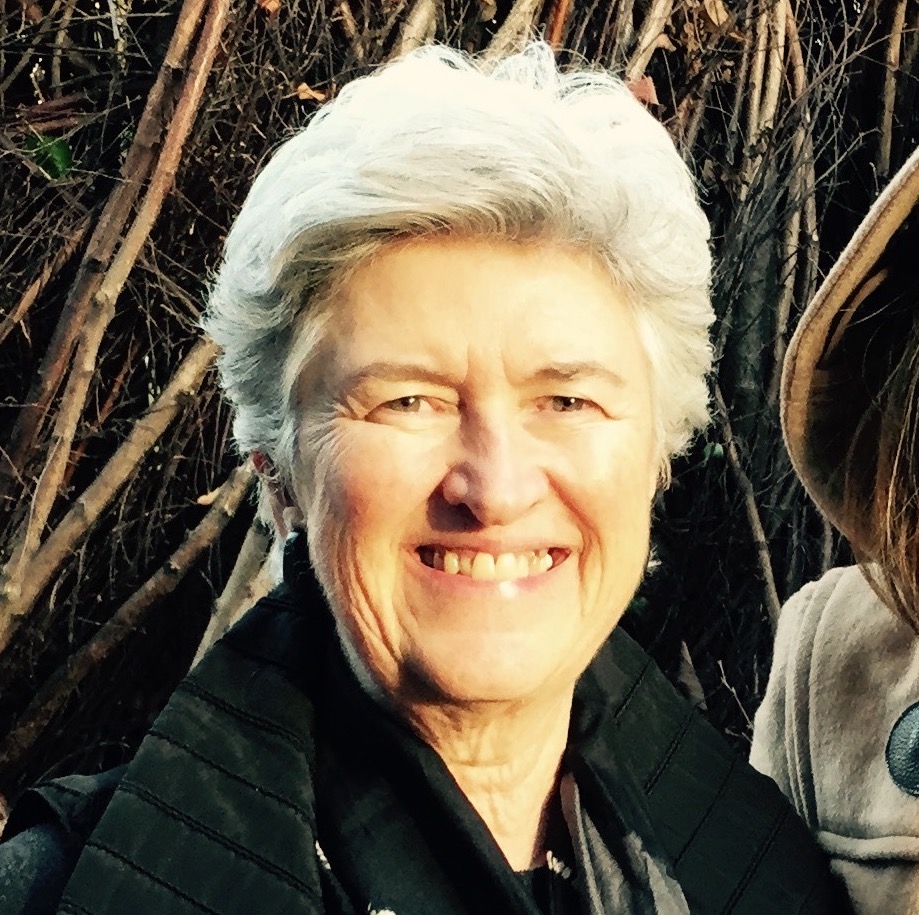
Sarah Buie, convener
Sarah Buie is a designer / educator who encourages dialogic awareness within higher education and in relationship to climate change. She is Founding Convener of the Council on the Uncertain Human Future, and A new Earth conversation, a campus-wide climate initiative at Clark University. She is Professor Emerita and Research Scholar At Clark; in her tenure as Director of the Higgins School of Humanities and its Difficult Dialogues initiative, major grants from the Ford Foundation, Mellon Foundation and Kaiser Family Foundation were awarded. As an award-winning museum exhibition designer, she designed more than 100 exhibitions for art, natural history and history museums.
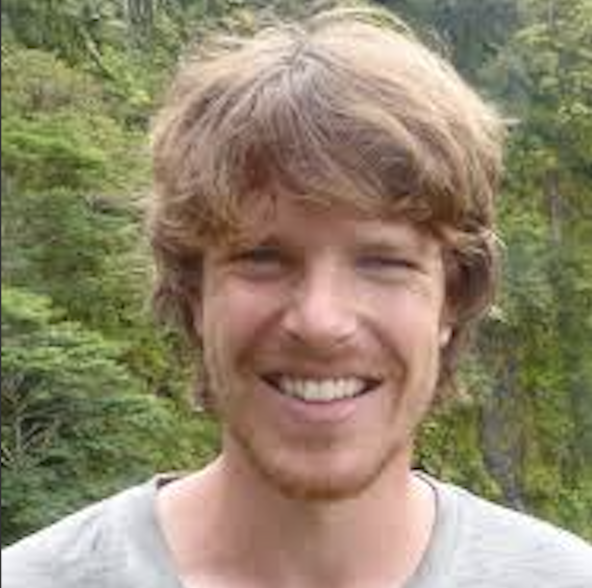
Timothy Cronin
Timothy Cronin is an Assistant Professor of Atmospheric Science in Earth, Atmospheric, and Planetary Sciences at MIT. The focus of his research is on the role of regional-scale atmospheric dynamics, radiative transfer, and coupled surface-atmosphere interactions in the climate system. He combines pencil-and-paper theory and simplified numerical models of the atmosphere to test hypotheses about climate sensitivity, climates of the distant past, and interactions between weather and climate.
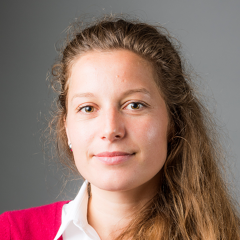
Joann De Zegher
Joann De Zegher is the Maurice F. Strong Career Development Professor and an Assistant Professor of Operations Management at MIT Sloan. She is affiliated with the Operations Management Group, the Operations Research Center and the Sustainability Initiative. Her research examines the design of operational strategies, technological innovations and algorithms to advance social and environmental impact in informal, first-mile and global supply chains. Her most recent work focuses on improving the operations and transparency of informal supply chains, specifically smallholder supply chains and informal labor supply chains.
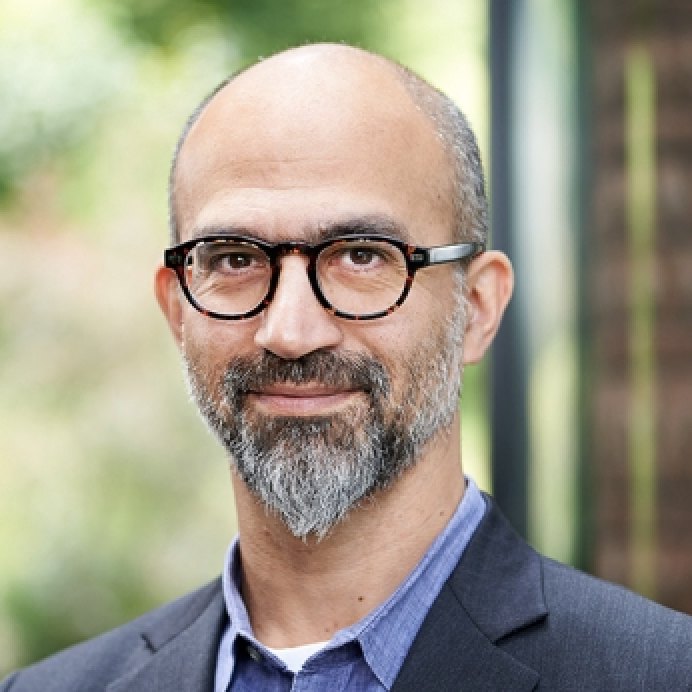
John E. Fernández
John E. Fernández is director of the MIT Environmental Solutions Initiative and a professor of building technology in the Department of Architecture and a practicing architect. Fernández founded and directs the MIT Urban Metabolism Group, a highly multidisciplinary research group focused on the resource intensity of cities and design and technology pathways for future urbanization. He is author of two books, numerous articles in scientific and design journals including Science, the Journal of Industrial Ecology, Building and Environment, Energy Policy and others, and author of nine book chapters. He is Chair of Sustainable Urban Systems for the International Society of Industrial Ecology and Associate Editor of the journal Sustainable Cities and Society.
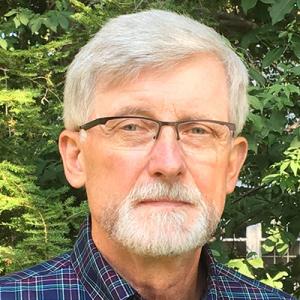
Timothy Gutowski
Timothy Gutowski is a Professor of Mechanical Engineering at MIT, where he has been on the faculty since 1981. His research interests have ranged from polymer processing, to advanced composites manufacturing, to manufacturing systems, to his current area of study – manufacturing and the environment. He has over 150 technical publications, three books, and seven patents and patent applications. He has worked at Wiss, Janney, and Elstner (as a structural engineer) and Bolt, Berank and Newman (as a noise and acoustics consultant), and has taught at the Escuela Politecnica Nacional in Quito, Ecuador where he was in the Peace Corps.

Emily Hiestand, representing the Office of Dean Nobles
Emily Hiestand is a writer, designer, and photographer, and, since 2008, the Communications Director for the MIT School of Humanities, Arts, and Social Sciences. She previously served as the principal of Hiestand Design Associates, and is the author of three books including The Very Rich Hours: Travels to Greece, Orkney, the Everglades, and Belize), which grew out of her academic studies in literature and environmental ethics. Her writing has been collected in books, and appears in magazines and literary journals, including The Atlantic, The New Yorker, and The Georgia Review.
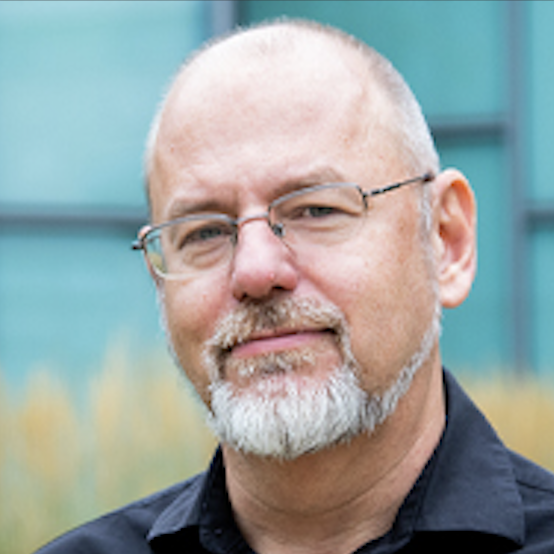
Stefan Helmreich
Stefan Helmreich is the Elting E. Morison Professor of Anthropology. His research examines how biologists think through the limits of “life” as a category of analysis. His work Alien Ocean: Anthropological Voyages in Microbial Seas, has been recognized as the winner of the Staley Prize, the Rachel Carson Book Prize, and the Gregory Bateson Book Prizebook. This piece charts how marine microbes are entangled with debates about the origin of life, climate change, property in the ocean commons, and the possibility of life on other worlds. He is at work on a new book about wave science, in domains ranging from oceanography to cosmology to medicine to acoustics to social theory.
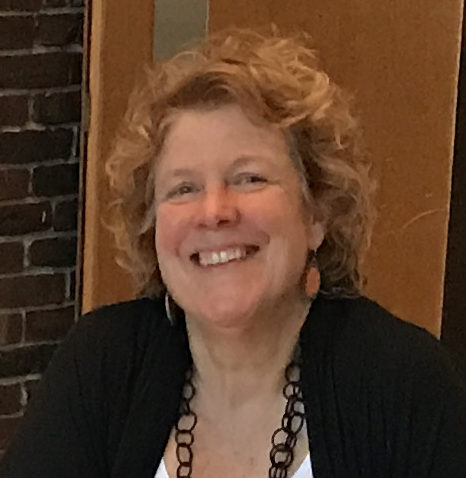
Melissa Hoffer, convener
Melissa Hoffer is an attorney specializing in environmental law. She currently serves as the Chief of the Energy & Environment Bureau in the Massachusetts Attorney General’s Office (AGO). Melissa has been overseeing the AGO’s work to enforce environmental laws, protect ratepayer interests, and support federal regulations addressing emissions of mercury, air toxins, and greenhouse gases. She was formerly Vice-President and Director of the Healthy Communities and Environmental Justice Program and the New Hampshire Advocacy Center for the Conservation Law Foundation.
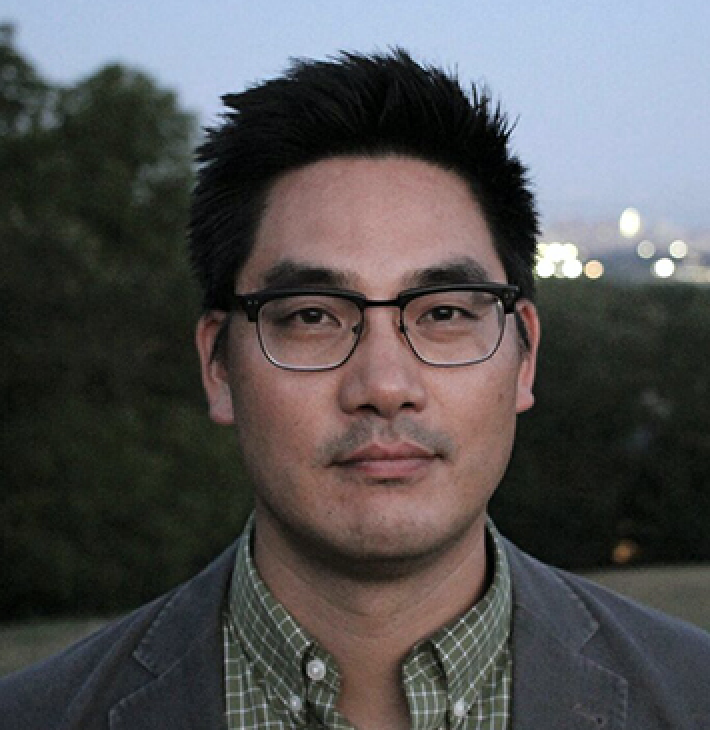
David Hsu
David Hsu is Associate Professor of Urban and Environmental Planning in the Department of Urban Planning, and Energy Studies Advisor in the MIT Energy Initiative. David’s research and teaching focus on how to demonstrate new opportunities for urban planners and environmental policymakers to shape the relationship of infrastructure planning with physical, technological, and social systems using technology, data, and analysis. Much of his work seeks to assist a wide range of actors — local policymakers, planners, advocates, as well as academics — directly with design, planning, policymaking, and policy implementation. Current projects include studies of policies and tools for planning green infrastructure, funded by the EPA, and deployment of experimental microgrids in rural India, funded by the Tata Center for Technology and Design at MIT.
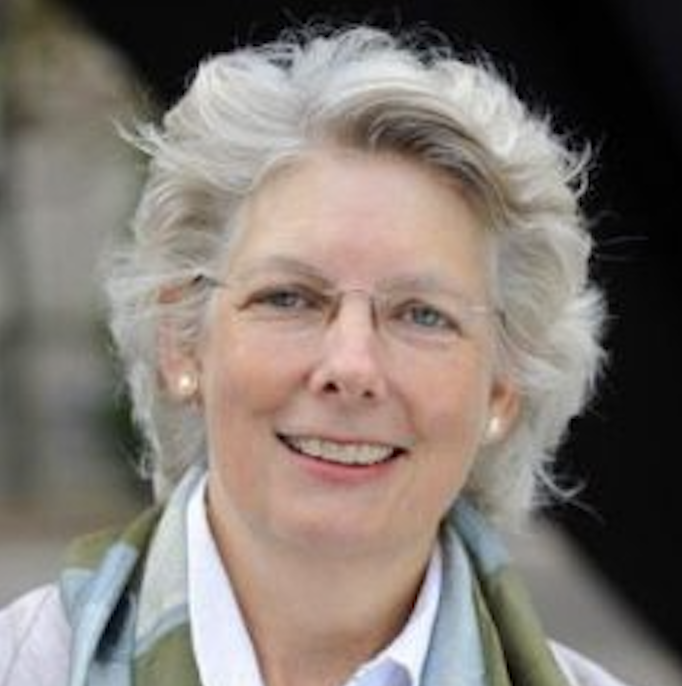
Wyn Kelley
Wyn Kelley, a member of the Literature Faculty since 1985, has taught classes on American writers, literary genres, and writing about literature. Her scholarship focuses primarily on Herman Melville’s works and on the intersections of traditional and new media. A founding member of the Melville Society Cultural Project, she collaborates with the New Bedford Whaling Museum on projects related to Melville and whaling. Currently Associate Director of the Melville Electronic Library (MEL), an interactive archive of Melville’s texts, sources, and adaptations, she has also worked with MIT’s digital humanities lab, the HyperStudio, to develop a classroom tool called Annotation Studio.
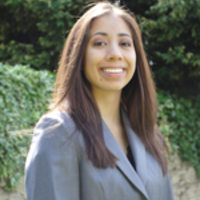
Janelle Knox-Hayes
Janelle Knox-Hayes is the Lister Brothers Associate Professor of Economic Geography and Planning in the Department of Urban Studies and Planning. She holds a visiting research fellowship at the Smith School of Enterprise and the Environment at Oxford University. Her research focuses on the ways in which social and environmental systems are governed under changing temporal and spatial scales as a consequence of globalization. Her latest project examines how social values shape sustainable development. Janelle has been the recipient of an SSRC Abe Fellowship for study of environmental finance in the Asia-Pacific and a Fulbright Fellowship for study of sustainable decision-making in Iceland. Janelle is the author of a number of peer-reviewed works in prestigious journals and presses. She serves as an editor of the Cambridge Journal of Regions, Economy and Society.
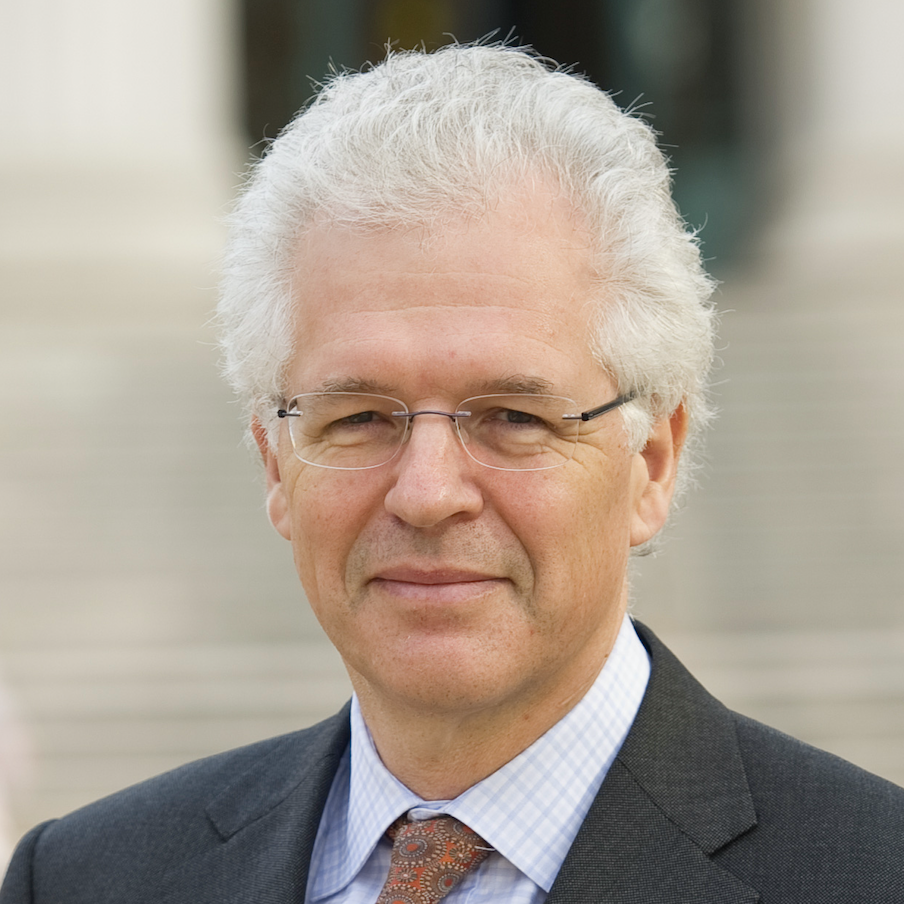
Richard Lester
Richard Lester is Japan Steel Industry Professor and Associate Provost at MIT, where he oversees the international activities of the Institute. From 2009 to 2015 he served as head of MIT’s Department of Nuclear Science and Engineering, leading the Department successfully through a period of rapid rebuilding and strategic renewal. Professor Lester’s research focuses on innovation strategy and management. He is also widely known for his research on nuclear technology innovation, management and control. He is the author or co-author of eight books, and serves as chair of the National Academies’ Board on Science, Technology, and Economic Policy.
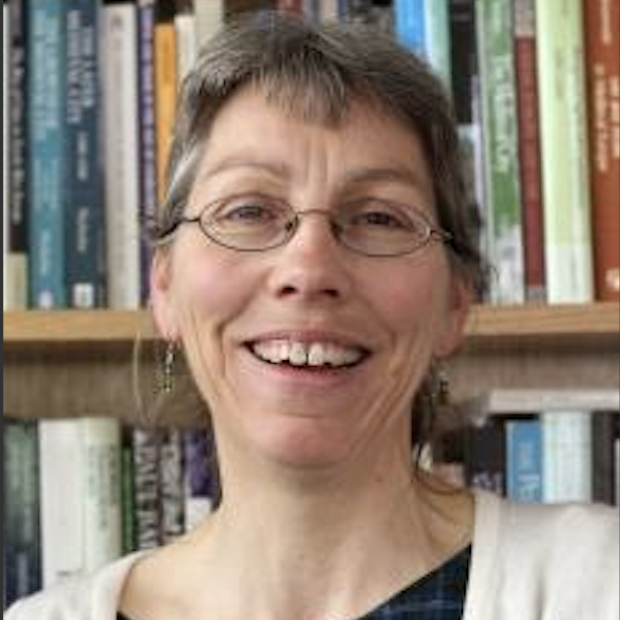
Anne McCants
Anne McCants is Professor of History and Margaret MacVicar Faculty Fellow at MIT where she directs the Concourse First Year Learning Community for the integration of the humanities in the science core. She is also the President of the International Economic History Association and an editor for both Social Science History and the Journal of Interdisciplinary History. Her books include Civic Charity in a Golden Age: Orphan Care in Early Modern Amsterdam, and several edited volumes on railroad construction in technological, economic and social context. Her current work includes a study of medieval building technology in its economic context, an examination of the role of gender and family in long-run economic growth, and problems in modeling institutions and economic development.
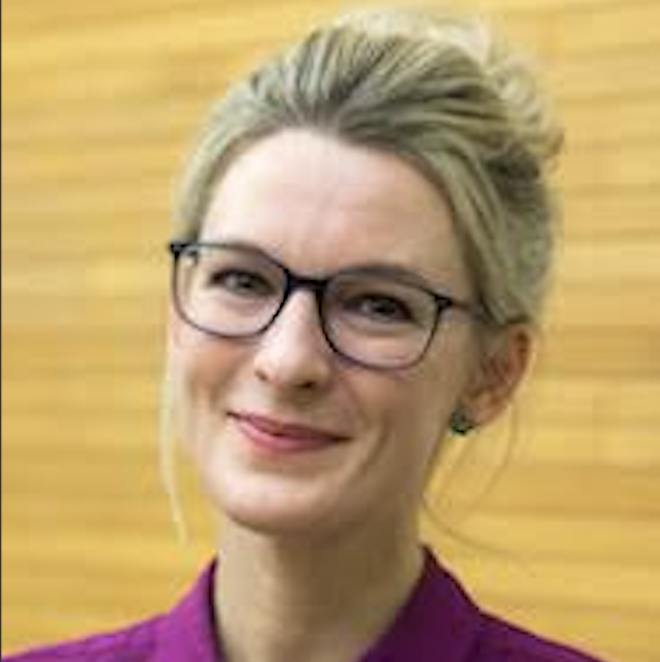
Amy Moran-Thomas
Amy Moran-Thomas is Alfred Henry and Jean Morrison Hayes Career Development Associate Professor of Anthropology. Her research bridges the anthropology of health and environment with ethnographic studies of science and technology. She has conducted fieldwork and archival research in Belize, Ghana, Brazil and the U.S, supported by the Wenner-Gren Foundation, Mellon-American Council of Learned Societies (ACLS), the Woodrow Wilson Society of Fellows, the Rachel Carson Center, the West African Research Association, and the American Philosophical Society. Her first book, Traveling with Sugar, blends ethnographic stories with anthropological and historical analyses to offer a humanistic account of the global diabetes epidemic.
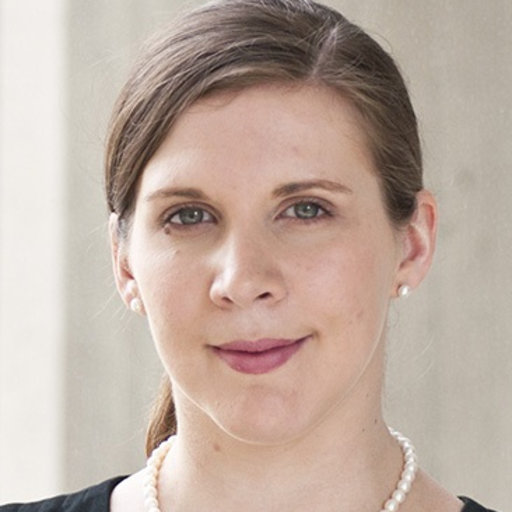
Caitlin Mueller
Caitlin Mueller is Assistant Professor in the Building Technology Program, where she leads the Digital Structures research group and co-directs the Structural Design Lab. She is a researcher, designer, and educator working at the interface of architecture and structural engineering. As a researcher, Mueller focuses on developing new computational methods and tools for synthesizing architectural and structural intentions in early-stage design. She also works in the field of digital fabrication, with a focus on linking high structural performance with new methods of architectural making. In addition to her digital work, she conducts research on the nature of collaboration between architects and engineers from a historical perspective.
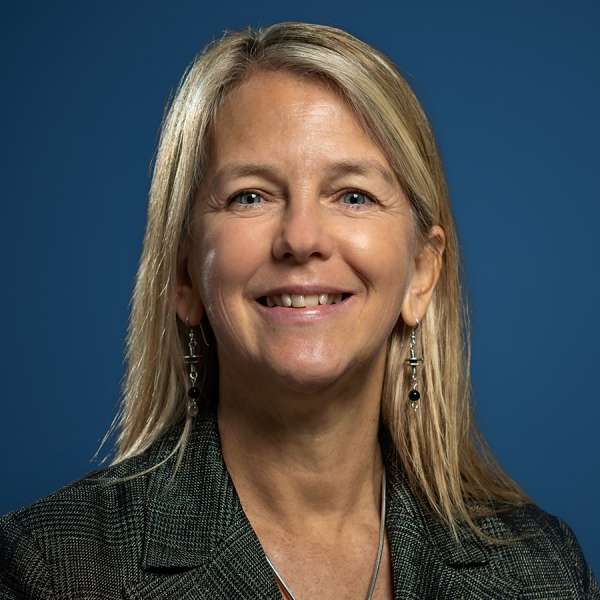
Dava J. Newman
Dava J. Newman is Apollo Professor of Astronautics and Engineering Systems and a Harvard–MIT Health, Sciences, and Technology faculty member. She is also a MacVicar Faculty Fellow (awarded for contributions to undergraduate education), former Director of the Technology and Policy Program at MIT (2003–2015), and has been the current Director of the MIT Portugal Program since 2011. She is a former Deputy Administrator of NASA. As the Director of MIT’s Technology and Policy Program (TPP), she led the Institute’s largest multidisciplinary graduate research program, with over 1,200 alumni. She has been a faculty member in her home department of Aeronautics and Astronautics and MIT’s School of Engineering since 1993.
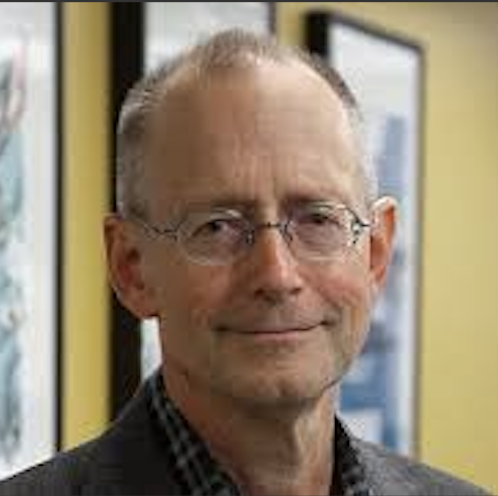
James Paradis
James Paradis is the Robert M. Metcalfe Professor of Writing and Comparative Media Studies. He works on problems of the mutually-influential rise of professionalism and vernacular culture, the public reception of science, and the way in which fields of expertise are represented in popular media. His methods are comparative, and draw on cultural studies, biographical approaches, intellectual history, and the history of rhetoric to study science popularization, science fiction, science education, two-cultures controversies, science as entertainment, and vernacular science. These interests are highlighted in his various books, articles, and edited collections.
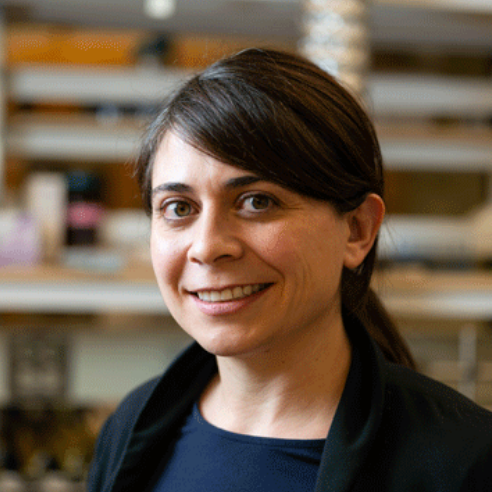
Desiree Plata
Desiree Plata is Assistant Professor of Civil and Environmental Engineering, and the Gilbert W. Winslow (1937) Career Development Professor in Civil Engineering. She was formerly the John J. Lee Assistant Professor of Chemical and Environmental Engineering at Yale University. Her research interests are in novel material design, advanced materials synthesis and manufacture, global carbon budgets and response strategies, oil and gas development, oil spills and remediation technologies, gas extraction and distribution systems, resource management utilization and efficiency, environmental chemistry, environmentally and economically sustainable design, energy technologies (fossil and low-carbon).
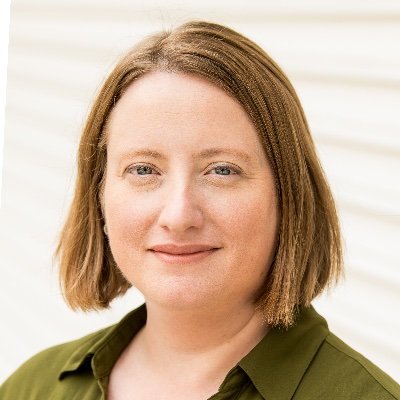
Noelle Selin
Noelle Eckley Selin is an Associate Professor in the Institute for Data, Systems and Society at MIT. Her research uses atmospheric chemistry modeling to inform decision-making on air pollution, climate change and hazardous substances such as mercury and persistent organic pollutants (POPs). In addition to her scientific work, she has published articles and book chapters on the interactions between science and policy in international environmental negotiations. Previously, she was a research associate with the Initiative on Science and Technology for Sustainability at Harvard’s Kennedy School, a visiting researcher at the European Environment Agency in Copenhagen, Denmark, and worked on chemicals issues at the EPA. She is also affiliated with the MIT Joint Program on the Science and Policy of Global Change and the MIT Center for Environmental Health Sciences.
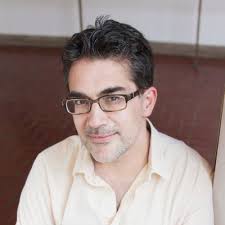
Kieran Setiya
Kieran Setiya is Professor in the Department of Linguistics and Philosophy. He works mainly in ethics, epistemology, and the philosophy of mind. He is the author of Practical Knowledge, Reasons without Rationalism, and Knowing Right From Wrong, which defend a cognitive theory of intention, a form of virtue ethics, and an account of ethical knowledge that draws on Aristotle and Hume. He has also written about love, regret, and rights. Most recently, he is the author of a self-help book, Midlife: A Philosophical Guide, and a number of essays in public philosophy.
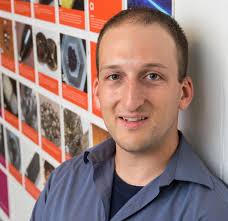
Michael Short
Michael Short is the Class of ’42 Associate Professor of Nuclear Science and Engineering. He brings 15 years of research experience in the field of nuclear materials, microstructural characterization, and alloy development. His group’s research is a mixture of large-scale experiments, micro/nanoscale characterization, and multiphysics modeling & simulation. The main areas of Short’s research focus on 1) Non-contact, non-destructive measurement of irradiated material properties using transient grating spectroscopy (TGS), 2) Preventing the deposition of deleterious phases, such as CRUD in nuclear reactors, as fouling deposits in energy systems, and 3) Quantification of radiation damage by stored energy fingerprints. This last project was recently selected for an NSF CAREER award.
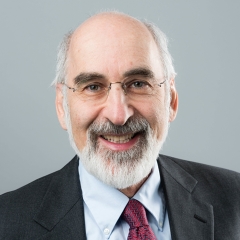
John D. Sterman
John D. Sterman is the Jay W. Forrester Professor of Management at the MIT Sloan School of Management and a Professor in the MIT Institute for Data, Systems, and Society. He is also the Director of the MIT System Dynamics Group and the MIT Sloan Sustainability Initiative. Sterman’s research centers on improving decision-making in complex systems, including corporate strategy and operations, energy policy, public health, environmental sustainability, and climate change. His work ranges from the dynamics of organizational change and the implementation of sustainable improvement programs to climate change and the implementation of policies to promote a sustainable world. At MIT, he has been recognized with the Samuel E. Seegal Faculty Prize, and the Jamieson Award for Excellence in Teaching.
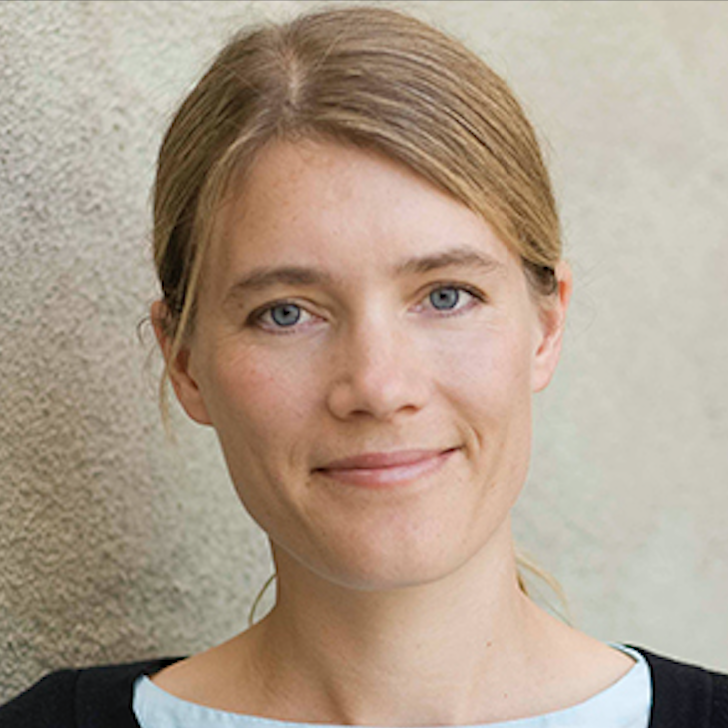
Jessika Trancik
Jessika Trancik is an Associate Professor of Energy Studies at MIT. She is also an external professor at the Santa Fe Institute. Before MIT, she spent several years at the Santa Fe Institute as an Omidyar Fellow, and at Columbia University as an Earth Institute Fellow, where her research focused on energy systems modeling. Her research group studies the dynamic costs and environmental impacts of energy technologies to inform technology design and policy.
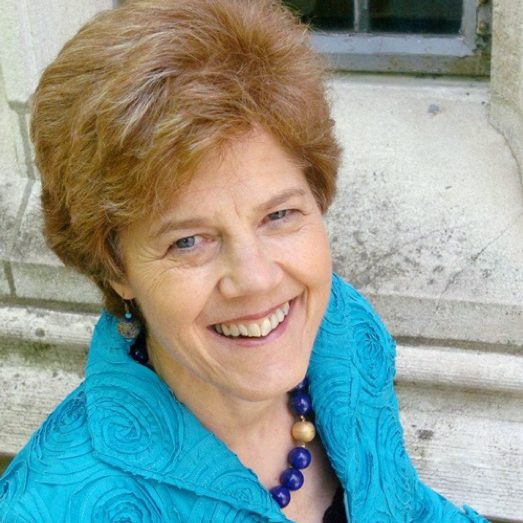
Diana Chapman Walsh
Diana Chapman Walsh was President of Wellesley College from 1993 to 2007 (now president emerita). She is a Life member emerita of the MIT Corporation and former executive committee member. She served as Board Chair of the Broad Institute of MIT and Harvard (2009-15) and as Board member of the Kaiser Family Foundation; the Institute for Healthcare Improvement; the Mind and Life Institute; the State Street Corporation; and Amherst College. She is the recipient of eight honorary doctoral degrees and a member of the American Academy of Arts and Sciences. Prior to Wellesley, Walsh was professor and chair of the department of health and social behavior at Harvard School of Public Health, studying social factors affecting the health of populations.

